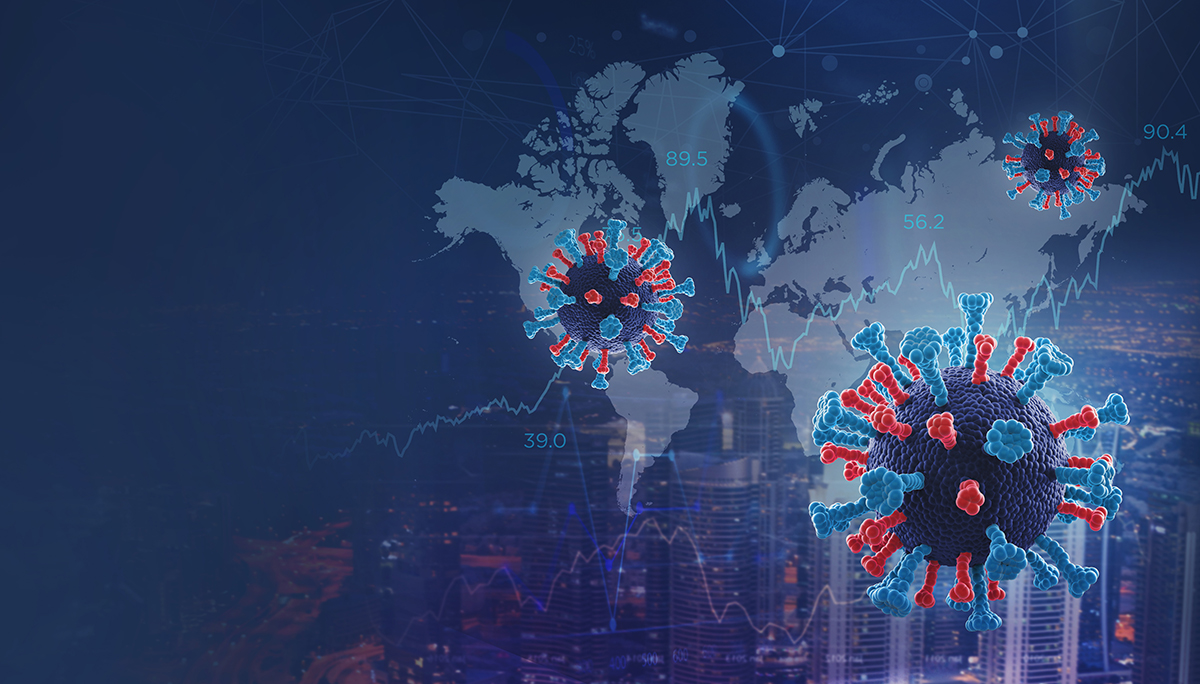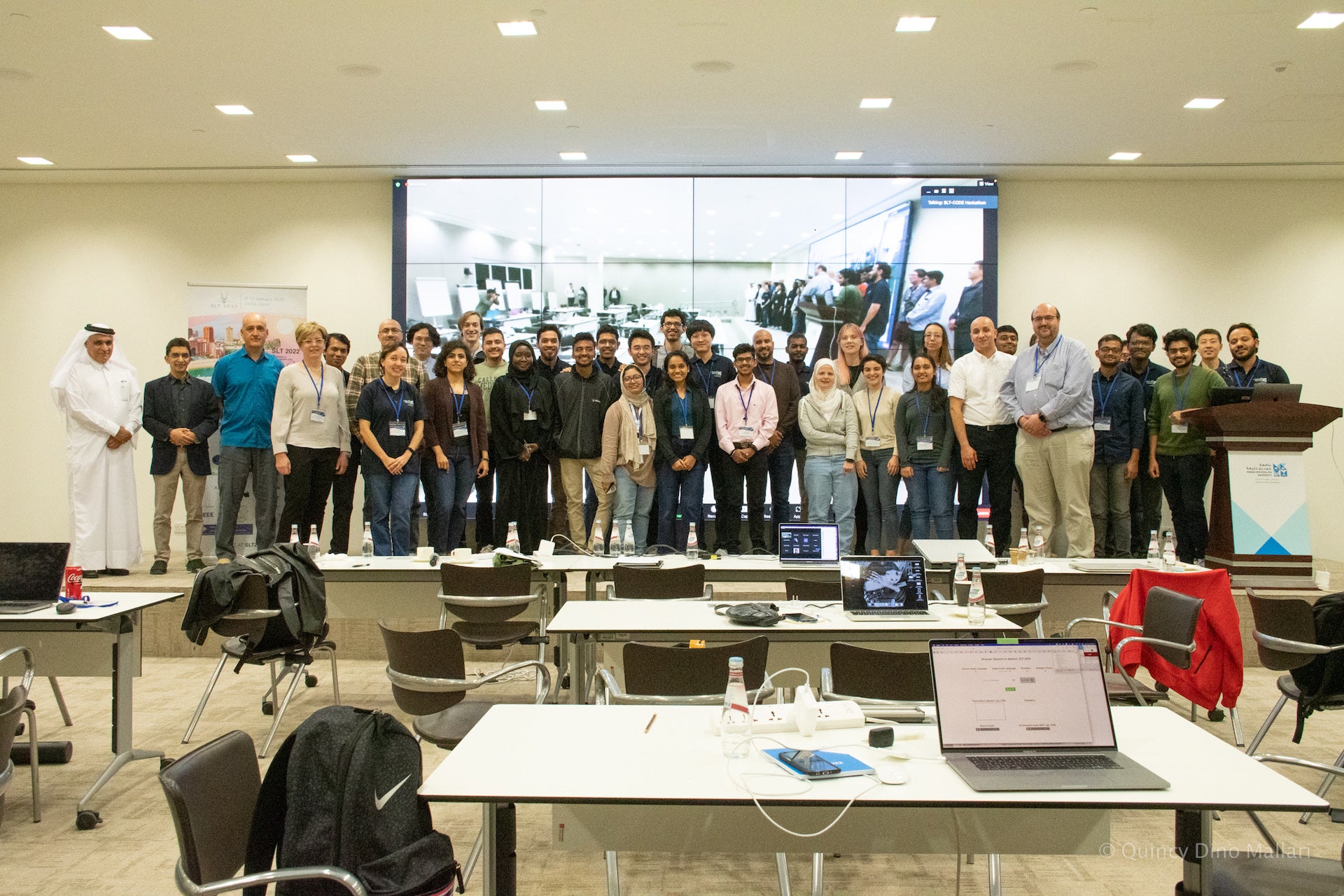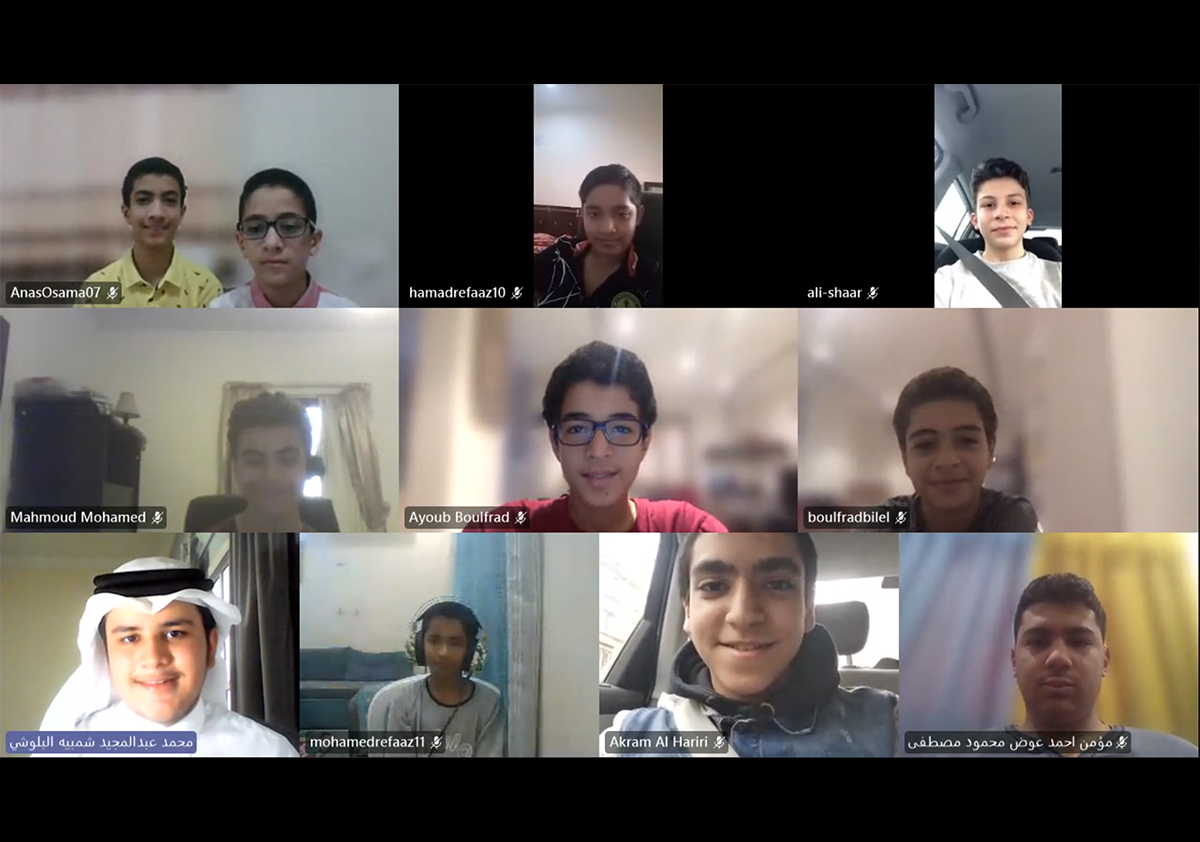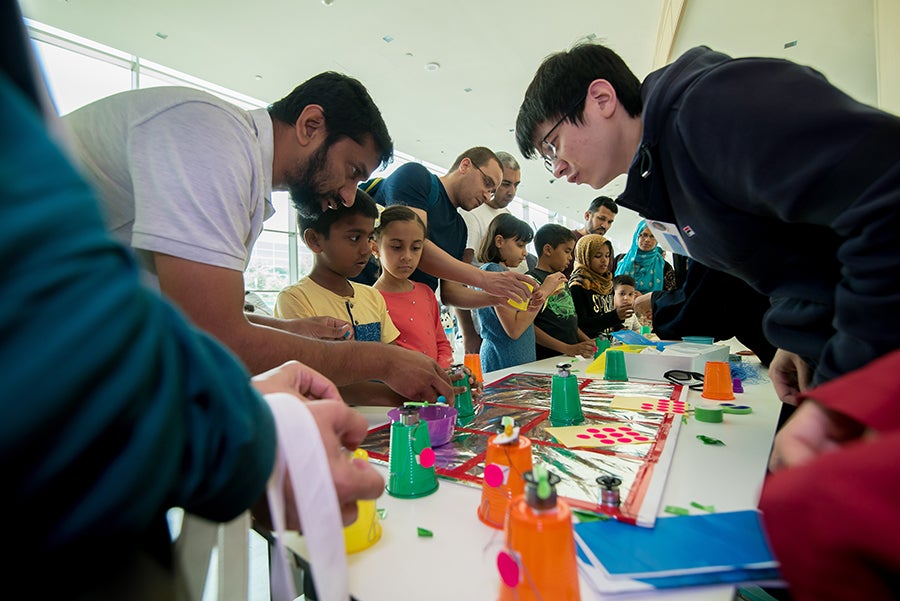
Some have claimed that the end of the COVID-19 pandemic may be near, finally bringing some positive news more than two years after the virus first emerged.
Since the first positive case at the end of 2019, more than 460 million people worldwide have been infected, leading to over 6 million COVID-related deaths. Economies and businesses have taken a huge hit, while mental health has become a larger concern due to months of lockdowns and restrictions.
The World Health Organization declared COVID-19 a pandemic in March 2020 and we are all now desperate to see it finally fade away, but how confident can we be that lessons have been learned from the past two years? Are we better prepared for when the next global pandemic hits?
Researchers at Qatar Computing Research Institute (QCRI), part of Hamad Bin Khalifa University (HBKU), believe that Artificial Intelligence (AI) has a major role to play in both preparing for, and responding to, future pandemics.
QCRI, one of three national research institutes at HBKU, boasts state-of-the-art research facilities and a data center that enables it to produce outstanding research with local and global relevance.
It seeks to become a global leader of computing research in areas that will have a positive impact on the lives of citizens and society.
The institute conducts innovative, multidisciplinary applied computing research that addresses national priorities. One of its main strengths is its expertise in AI. QCRI’s blueprint was accepted as the Qatar National Strategy for AI in 2020, while the institute also houses the Qatar Center for Artificial Intelligence (QCAI).
According to Dr. Sanjay Chawla, Research Director of QCAI, data generated in the past two years can prove invaluable in terms of tackling the next pandemic. He said: “Since the outbreak of COVID-19, large amounts of data have been generated, in addition to statistics on transmission and infection patterns. Many predictive and forecasting models have been developed since the start of the pandemic, and AI models can learn from all generated data to obtain a better prediction of a future outbreak. This will enable decision-makers to prepare and intervene early in the hope of limiting the impact of future viruses and pandemics.”
Although it is not possible to predict where the next pandemic will originate, COVID has generated a massive digital footprint. To prepare for the next pandemic, AI researchers can extract useful predictive and prescriptive patterns of response. Different countries reacted differently to the pandemic. For example, the response in Sweden was very different from the one in Australia. Detailed information is now available to determine under what circumstances the appropriate type of policies to execute.
One area where AI can influence policies is lockdowns, and whether there is a need for a full lockdown or, if not, which regions to implement restrictions. Because of the availability of specific data, AI has the potential of designing more calibrated lockdowns. For example, QCRI’s research has shown that integrating traffic information into epidemiological models results in a better understanding of how the disease is likely to spread. As a specific example, when a virus-infected patient lands at Hamad International Airport, QCRI’s work shows that different parts of Qatar will be impacted differently based on traffic mobility.
AI can also assist in predicting what drugs could have the potential to tackle the pandemic. Dr. Mohamad Saad, a Research Scientist in QCAI, explained: “AI and digital tools can be used to analyze drugs at the molecular level and can offer advantages at different stages of drug development, such as drug screening and drug designing.
“These tools can be used to predict physiochemical properties, bioactivities, toxicity, the structure of the target protein, and interactions with the target proteins of drug molecules to name a few. These tools have shown a lot of potential to predict drug behavior by providing a better profile analysis, faster elimination of candidate compounds, and selection of potential lead compounds along with estimating absorption, distribution, metabolism, excretion, and toxicity drug candidates.”
AI can also assist in developing a treatment for future pandemics. Compared to a traditional drug candidate discovery process that used to take four to five years, AI can reduce this to less than a year. In the case of future pandemics, drug repurposing has a major role to play in identifying cures and treatments for the disease in a short time.
AI can help correlate otherwise disparate pieces of information. For example, machine learning techniques can help find connecting patterns between the chemical structure of a drug and the protein structure (like the spike protein) of a virus. This is possible because there is a large repository (database) of existing drugs and known viruses available.”
Dr. Ehsan Ullah from QCAI who led the project on drug repurposing noted: “The framework developed by QCRI independently tested a number of drugs for treating COVID-19, many of which were in the pipeline for FDA approval. Two potential drugs found by QCRI's drug repurposing framework to be effective against COVID-19 - Brilacidin1 and Ritonavir2 (ranked second by QCRI’s framework) - received approval for treating COVID-19.
“In my opinion, machine learning and AI have huge potential in the field of drug repurposing, not only for pandemics but for personalized medicine as well as existing diseases such as cancer.”

















